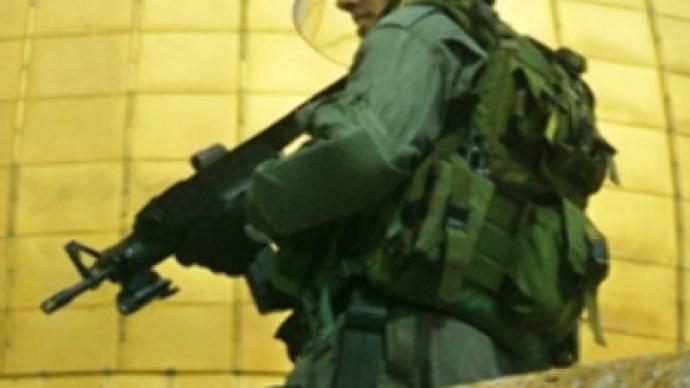Indian police say they have restored order in Mumbai three days after terrorists stormed the city in a coordinated operation. Commandoes successfully ended a siege at the Taj Mahal hotel, killing the remaining militants. At least 195 people have lost thei
Up to 300 have been injured, the vast majority of them Indian citizens. Firefighters are currently trying to contain the blaze which broke out during fighting on Saturday morning. Indian authorities say that the people behind the attacks had links to Pakistan. On Friday masked Indian commandos launched a sustained operation at a Jewish centre in Mumbai where Muslim militants were holed up with hostages. Gunshots and explosions were heard as government forces cleared the building floor by floor. Elsewhere in the city elite troops have cleared Muslim attackers from two luxury hotels. They had barricaded themselves inside with hostages for more than a day after a series of attacks had paralysed India’s financial capital. Eyewitness accounts say the terrorists were looking for UK and U.S. passport holders. Russian media reports on Friday said all Russian citizens were released unharmed. Meanwhile, Russia's counter terrorism presidential envoy, Anatoly Safonov, says the terrorists in Mumbai applied the same tactics used by Chechen militants, who raided Russian towns in the North Caucasus in the 1990s. Problems of global terrorism What happened in Mumbai has once again raised the issue of global terrorism and how to fight it. Attacks continue to be a regular occurrence in Israel and the Palestinian autonomy. Mumbai terrorists used Chechen tactics Indian commandos storm hotels in Mumbai Terror attacks in Mumbai: eyewitness accounts Indian Prime Minister Manmohan Singh's addressMumbai siege over as police kill last terrorists
29 Nov, 2008 08:45 / Updated 16 years ago
MORE FROM RT.COM

